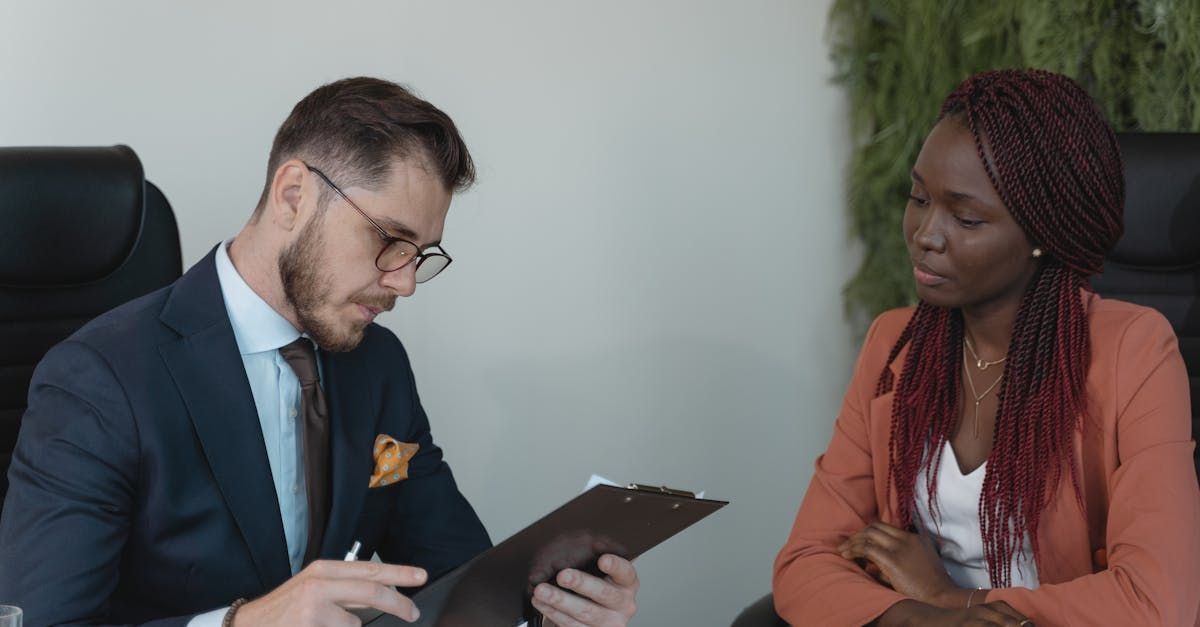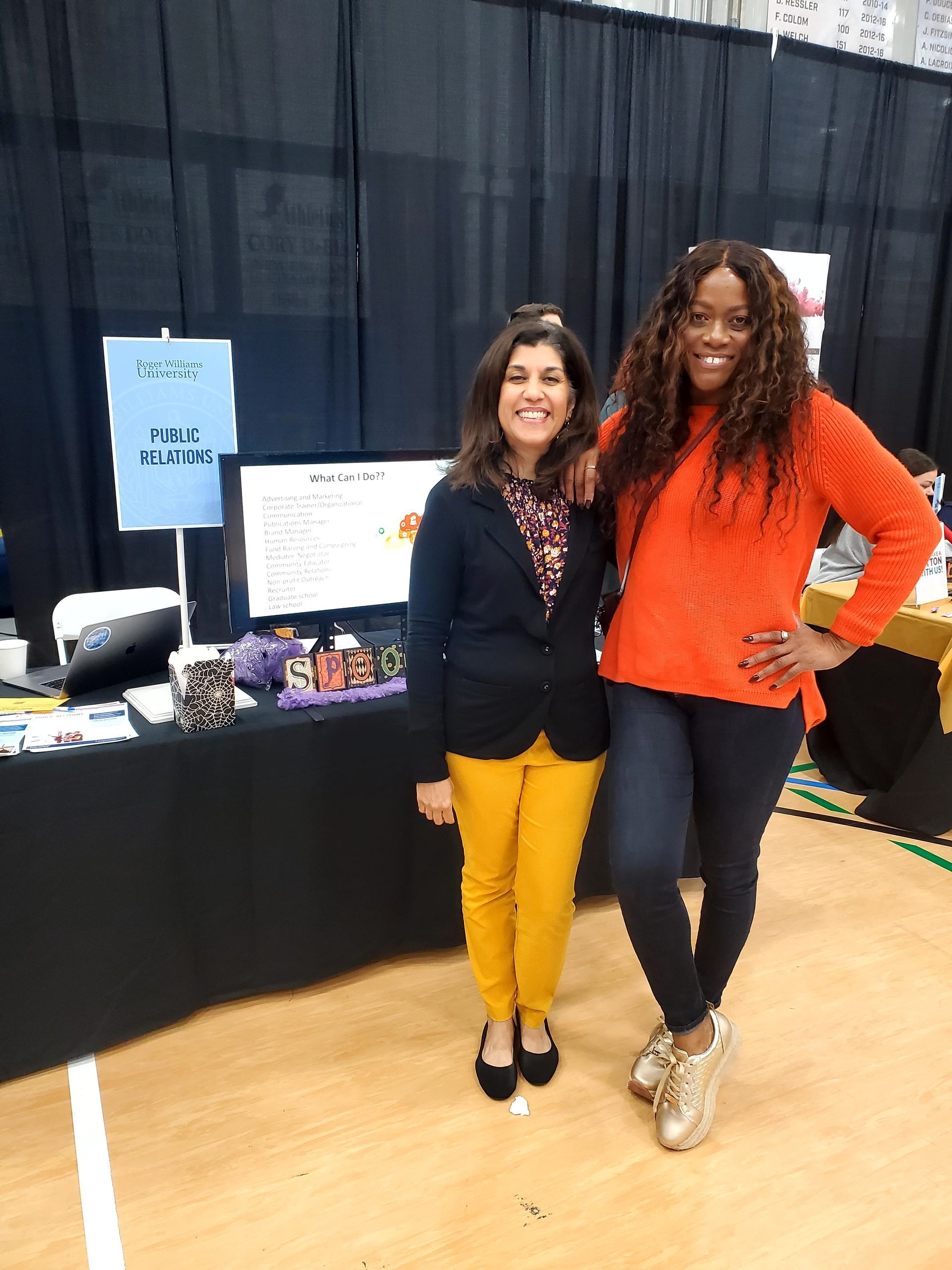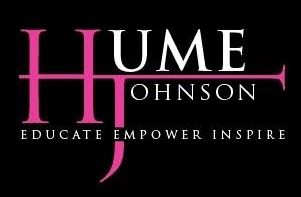Don't Let Your Outfit Cost You the Job: 3 Must-Know Interview Attire Tips
The hidden language of interview attire is often overlooked but your clothes speak volumes before you utter a word.

A young woman recently posted a video on TikTok showcasing her outfit for a job interview. The attire consisted of a pair of black shorts (the really short ones) and a white sweater. Apparently, the employer dismissed her from the interview and sent her home.I was flabbergasted by her sense of entitlement as she defended her inappropriate choice of clothing and sought validation on social media instead of acknowledging that it might not have been suitable attire for a professional setting.
This lack of awareness is more prevalent than one might assume. While 87% of American workers believe ongoing training and skill development are crucial for adapting to the evolving workplace, according to a
2016 Pew Research Study, the focus of skills training should begin at the job interview stage.
In my current role as a college professor, I conduct a job interview simulation each semester for my college students who are nearing graduation, some of whom are already actively seeking employment. To ensure the authenticity of the simulation, I enlist the help of industry professionals to conduct the interviews. Students are expected to adhere to a "business attire" dress code and conduct themselves in a manner consistent with a real interview setting. Occasionally, a student may arrive at the simulation wearing attire that is not appropriate for an interview, such as a hoodie or a T-shirt. In such instances, the interviewers provide feedback on the student's attire, emphasizing the importance of nonverbal communication during an interview.
For my experience, first impressions hold significant weight generally as they set the tone for subsequent interactions and perceptions. While personal style preferences may vary, it is essential to present oneself in a polished and professional manner during an interview. For the Thunderbird School of Global Management at Arizona State University, “your choice of attire significantly influences the first impression you make on potential employers. It can also reflect the confidence you have in yourself and your skills. This elevates the importance of your interview outfit from something to consider to something that requires thought and planning”.
Here are my top three recommendations on dress code for interviews that I give college students, and why they are important:
Research the Company Culture
Before your interview, take some time to research the company's culture and typical dress code. This will help you gauge the level of formality expected and ensure that your attire aligns with their standards. If you're unsure, it's always better to err on the side of caution and dress more formally This demonstrates your preparedness and respect for the company's values. It also exhibits respect for the interviewer and the opportunity being presented to you.
Prioritize neatness and professionalism
We all have our own style, but when it comes to interviews, it's important to look sharp and professional. Opt for classic and conservative clothing choices that project a professional image. For men, this might include a suit and tie, or dress pants and a collared shirt. For women, a suit or dress pants/skirt with a blouse are good options. Avoid anything too revealing, trendy, or casual, such as shorts, jeans, t-shirts, or sneakers.In short, choose classic and conservative attire. In addition, pay attention to grooming and accessories. Ensure that your hair is neatly styled, your nails are clean and trimmed, and your shoes are polished. Keep accessories minimal and professional. Avoid strong perfumes or colognes. This conveys that you take the interview seriously and are attentive to detail.
3. Make sure you feel comfortable
While looking professional is crucial, you also need to feel comfortable and confident in what you're wearing. Avoid anything too tight, too loose, or too distracting. Being uncomfortable can distract you and hinder your performance during the interview. This allows you to focus on the interview itself and present yourself confidently. I recall wearing these new bought pumps to an interview and it felt so tight and uncomfortable, I could hardly focus on the interview process. Needless to say, I did not perform at my best and was not offered the role.
Remember, the way you dress for an interview is a form of nonverbal communication. It can influence the interviewer's first impression of you and impact their perception of your professionalism and suitability for the role. By following these recommendations, you can ensure that your attire enhances your overall presentation and increases your chances of success.

HUME JOHNSON, Ph.D.
DR. HUME is a leadership coach and professor of communication. A former TV journalist and political speechwriter with the Government of Jamaica, she works with individuals, organizational teams and entrepreneurs across multiple industries to unlock their personal brand and leverage it to distinguish themselves as trusted experts and niche leaders.
TRAINING SOLUTIONS
Brand-centered leadership training
Keynote presentations
Communication and media training

Grab Your Free Career Clarity Guide
Gain clarity and direction in your career!
Thank you!
Hey there, career go getter!
First of all, a massive high-five for signing up for the Career Clarity Guide! We're beyond thrilled to have you on board for this exciting journey.
Get ready to unleash your inner rockstar,
The Career Clarity Crew 🚀



